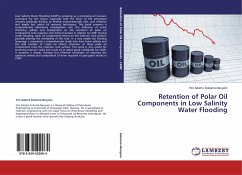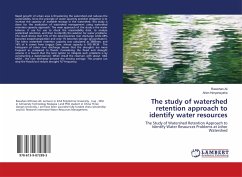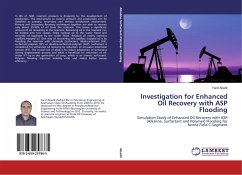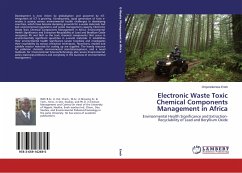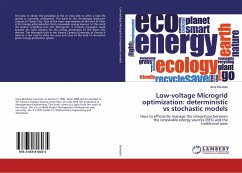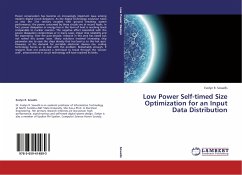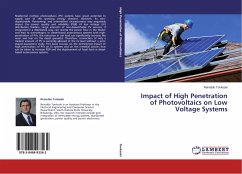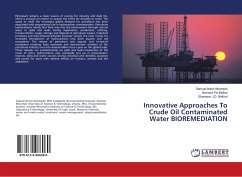Low Salinity Water Flooding (LSWF) is growing as a promising oil recovery technique for the future, especially with the focus of the petroleum industry gradually shifting to finding environmentally safe, cost effective and simple but useful oil recovery techniques. This book presents a comprehensive laboratory investigation into the influence of brine chemistry, salinity and composition on the retention of polar oil components onto reservoir rock mineral surface in relation to LSWF. During water flooding, polar oil components retains on the reservoir rock surface, partially altering the wettability of the rock. In a very simple but flowing language, I presented a comprehensive study into how brine salinity and the acid number of crude oil affects retention of these polar oil components onto the reservoir rock surface. This work is very useful for screening reservoir rocks and crude oil to select good candidates for LSWF. It presents a simple, cheaper but effective technique of selecting the optimum salinity and composition of brine required to give good results in LSWF.
Bitte wählen Sie Ihr Anliegen aus.
Rechnungen
Retourenschein anfordern
Bestellstatus
Storno

